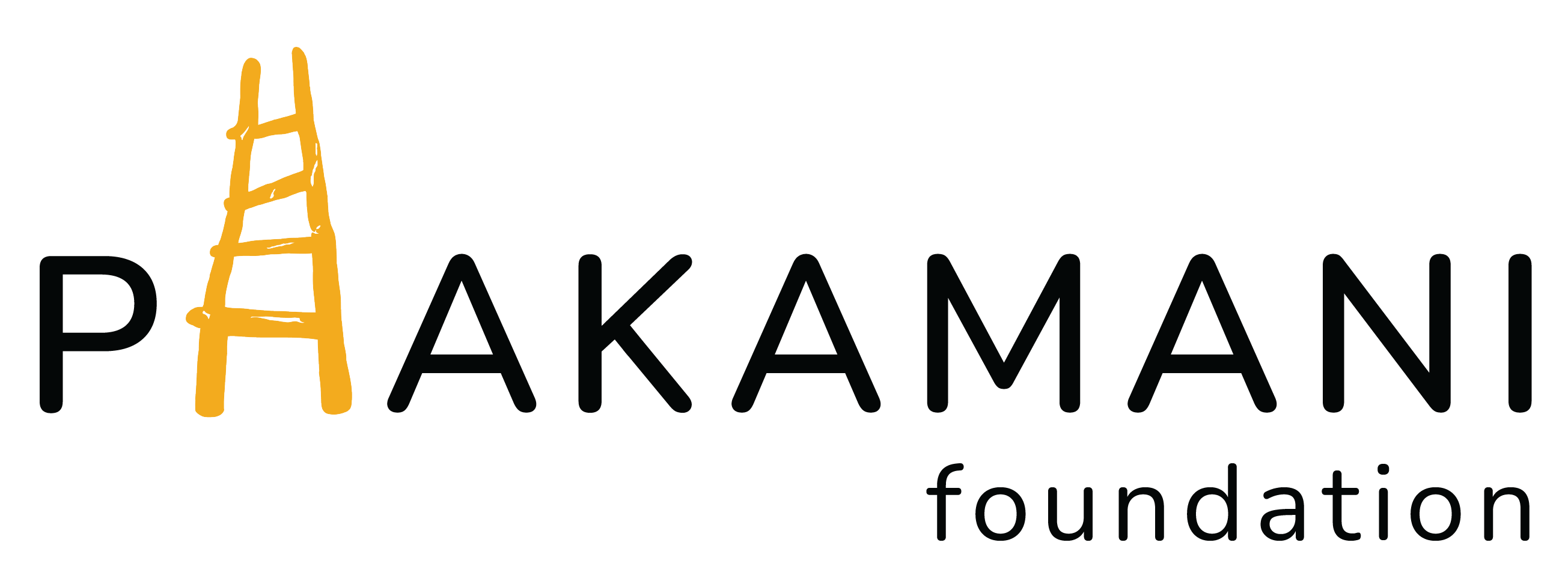Poor, motivated women know their communities and may have ideas and dreams about building a small business to support their family. Phakamani guides them through a process to help make their business a success. The most common businesses included vegetable stands, spaza and tuck shops, used/new clothes, sewing school uniforms/bedding/curtains, raising chickens, selling airtime for phones and many others.
Phakamani FAQs
Why does Phakamani follow the Grameen Banking model?
Nobel Laureate Muhammad Yunus addressed the needs of the poor by creating a banking model that provides credit to the poorest of poor, without any collateral and with strong support. The Grameen Model is a well-developed, successful approach followed by many renowned organisations around the world.
How does Phakamani measure impact?
Phakamani uses the internationally recognised Poverty Probability Index (PPI), client savings, self-employment, and the growth of micro-enterprises in their programmes to evaluate impact. The PPI measures the improvement of living conditions, including a secure home, a roof that doesn’t leak, nutritious food, beds for each family member, a source of clean water, a sanitary latrine, the ability to buy a school uniform/pay school fees, and client savings.
What kind of training and support is provided by Phakamani?
Many people who live in poor rural communities have the basic skills and sound, micro-enterprise ideas. The comprehensive training and support provided by Phakamani staff leverages their skills and energy by providing guidance, business education, and resources. The model is built around predictable, structured centre meetings that create trust and accountability.
What is a “solidarity group method” of borrowing?
Phakamani clients go through an orientation process and are grouped with five other borrowers, and the group becomes part of a centre with 6-8 other groups. Each group is responsible to one another for their group and their loans. This creates a high level of accountability. Regular centre meetings track loan payments and savings and provide skills training and mentoring.
What size are the loans? And what is the payback rate?
Micro-enterprise loans range from R1 000 (about $66) to R30,000 (about $1,990). Ongoing loans are graduated and as clients pay back their loans and grow their business, they are eligible for larger loans. Phakamani’s payback rate mirrors or exceeds other Grameen-style organisations at 97-98%.
Why does Phakamani charge interest if it is a non-profit?
Charging for loans helps cover the costs of our not-for-profit operation. Operational sustainability is a key element of micro-finance organisations. Working towards self-sustainability and charging interest creates growth capital. Additionally, replicating the standard loan process prepares clients for more traditional loans as they grow. The National Credit Regulator governs these rates in South Africa and rates to clients are a blend of the interest rates, origination fee and administration fee. This is a sophisticated banking model and small loans require as much documentation and tracking as very large loans.
Why does Phakamani seek donations if it charges interest?
Organisations like Phakamani require a significant level of donor and/ or grant funding. Phakamani has raised its capital from individuals in South Africa, Canada, US, and Australia. Donor funding also comes from South African companies who wish to build up their BEE scorecard through Social Economic Development (SED) and Enterprise Development (ED). This funding provides stability, allows for the development of new ideas and drives growth into new geographic areas. Phakamani continues to expand into the poorest areas in South Africa.
What happens if clients are unable to repay the loan?
If a client is not able to pay their loan back, the group must repay that loan. The relationships they develop, and peer pressure, create the accountability that results in over 98% repayment. But if a group is not able to repay the loan, the entire group is disqualified from further loans. This is what makes the system so powerful.
How is Phakamani different from other micro-lenders in South Africa?
Phakamani is one of several pro-poor, not-for-profit organisations registered with the National Credit Regulator as “development finance institutions” under the National Credit Act. Phakamani is also a member of the DMA, the Development Microfinance Association. Phakamani not only provides micro loans and support to poor people, but it also focuses on positive social impact for their clients. This means they are carefully selected to assure they can repay the loans and generate income for their family.
How does Phakamani serve different communities with different language requirements?
The supply of staff for entry level positions is staggering given the underemployment levels in South Africa. Phakamani only hires multilingual employees that can effectively communicate in the dominant language of the areas in which they work. Phakamani also provides their information in several different languages including siSwati, Tsonga, and isiZulu.
Describe the Phakamani Board? Do they receive compensation?
Phakamani is a not-for-profit Section 21 registered company and a registered public benefit organisation under South African law. Board members are selected to provide meaningful support to the organisation and may also be donors or a representative of a funding organisation. Board members are volunteers and are passionate about the vision of Phakamani.
As a non-profit, does Phakamani attract competent executive staff?
The employment landscape in South Africa is very difficult for all levels of employees. Phakamani has been able to attract competent staff and have worked diligently to develop them into strong leaders. Most of the executive staff have worked their way up in the organisation and are driven to help Phakamani clients succeed. Their passion and commitment are unwavering, and they value the compensation they receive.
Are all Phakamani clients female?
Currently, all clients are women. Over 60% of South African households have an “absent father.” Women have the greatest influence on the well-being of the household.
How many loans are provided to Phakamani Clients?
The loan cycle is very short (4-6 months) and multiple loans are often leveraged to build a micro-business. It is expected that 70-75% of clients will receive progressively larger loans before the business is self-sustaining. It is Phakamani’s goal to eventually transition clients to more traditional loans for their business growth needs.




